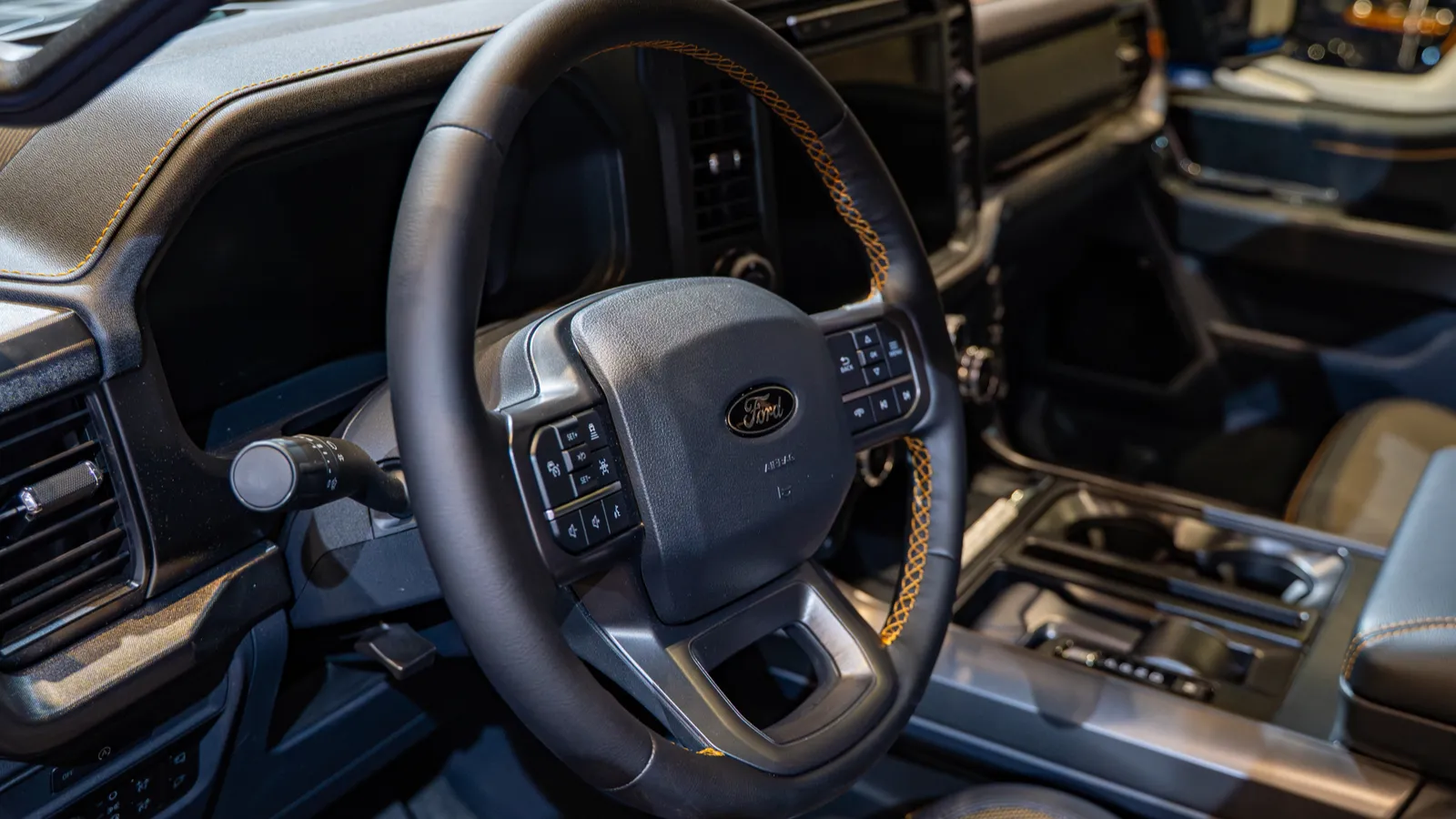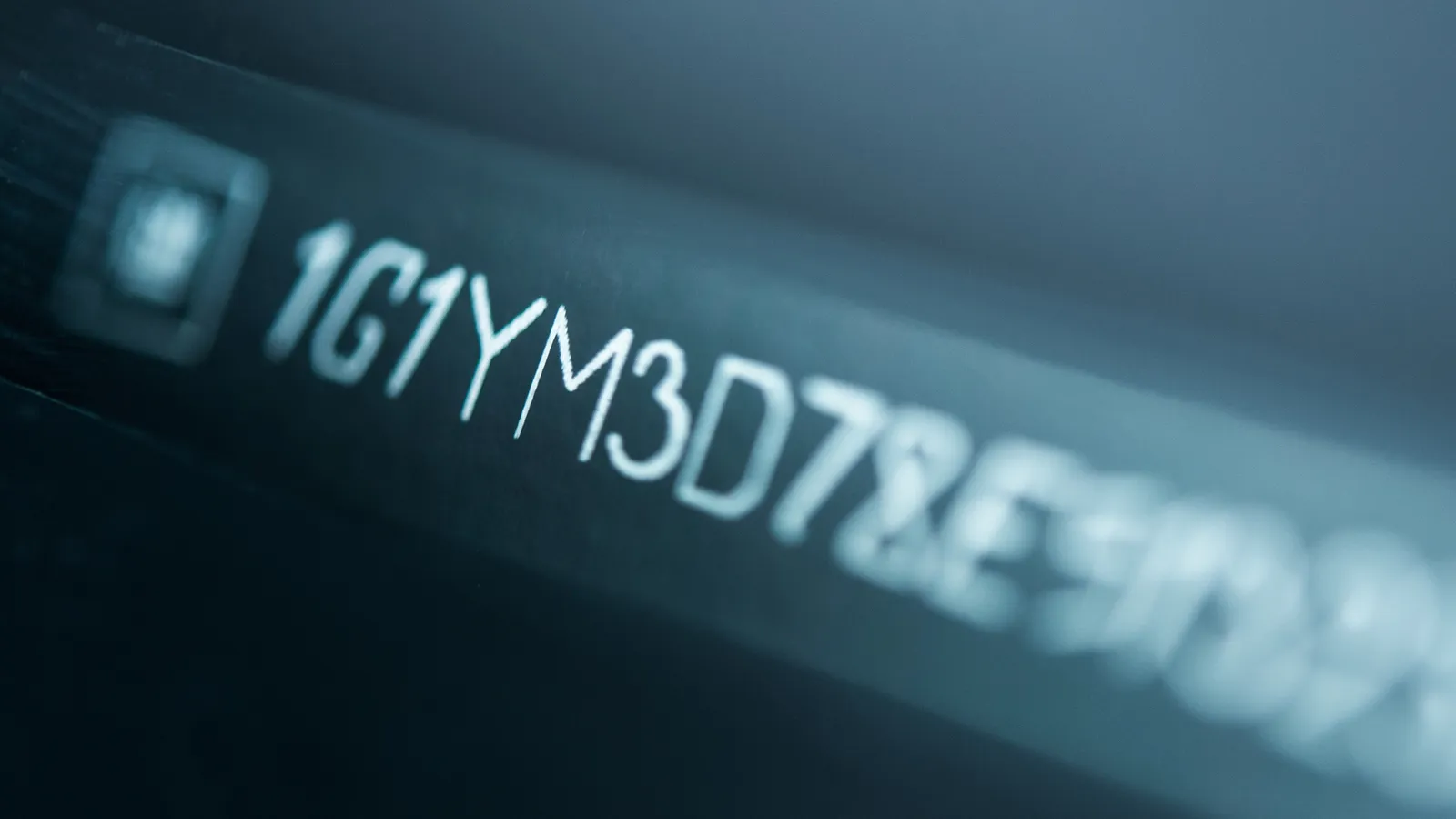
Ford recalls over 850,000 vehicles in the U.S. due to fuel pump failure risk
Ford Motor Company has issued a major safety recall involving more than 850,000 vehicles across the United States. The issue stems from a potentially defective low-pressure fuel pump, which could suddenly fail and cause the engine to stall.
After receiving several warranty claims and consumer complaints, the automaker announced the recall, prompting action in coordination with the National Highway Traffic Safety Administration (NHTSA).

Affected models include Ford trucks, SUVs, and luxury Lincoln vehicles
This recall impacts Ford’s most popular models, including the F-150, Bronco, Mustang, Explorer, Expedition, and Super Duty series. On the luxury side, the Lincoln Aviator and Navigator are also included.
All affected vehicles were manufactured between 2021 and 2023. Owners of these models are strongly encouraged to check their Vehicle Identification Number (VIN) online to confirm if their car is affected.

The fuel pump defect can cause unexpected engine stalls while driving
A faulty fuel pump may stop working without warning, which can cause the engine to stall abruptly, posing a serious risk at highway speeds or in heavy traffic.
Ford says the defective part fails to maintain proper fuel pressure, which starves the engine of fuel. This type of failure turns off the vehicle and significantly increases the likelihood of accidents or traffic disruptions.

Drivers may notice rough idling, misfires, or check engine lights
Before a complete stall occurs, drivers might experience rough idling, engine hesitation, misfires, or a sudden drop in power. A check engine light may also appear.
These symptoms are prevalent in hot weather or low fuel levels. Ford advises customers to seek immediate service if they experience these early warning signs, which may indicate an impending fuel pump failure.

Ford says around 10% of recalled vehicles could fail
While the number of recalled cars exceeds 850,000, Ford estimates that only about 10% (roughly 85,000 vehicles) will experience the defect.
Still, the company chose to act out of an abundance of caution. The move reflects Ford’s commitment to proactively address known safety issues, even when the failure rate is statistically low, to protect drivers and maintain public trust.

A permanent repair is still in development as of mid‑July 2025
As of now, Ford has not released a finalized repair solution. Engineers are currently testing permanent fixes to ensure long-term reliability. In the meantime, Ford has already begun notifying affected owners through mail notices.
The first letter confirms recall eligibility, and a second one will follow once replacement parts and dealership procedures are ready. Repairs will be completely free of charge to customers.

First round of recall notices mailed to customers in July 2025
Ford began sending out the initial recall letters in mid-July 2025, informing customers that their vehicles may be affected. A follow-up letter will be sent once the remedy is available.
Until then, Ford urges owners to remain alert for performance issues and to avoid long trips in extreme heat or high-speed conditions if they suspect fuel delivery problems.

No crashes, injuries, or fatalities have been reported to date
Despite the serious nature of the defect, Ford and federal safety officials have confirmed that there have been no known crashes, injuries, or deaths linked to the issue so far.
The company credits its early detection systems and consumer feedback with helping it act before any real harm occurred. This swift recall may help limit future liability and reputational damage.

Ford’s 2025 recall count climbs to a record high this year
This fuel pump recall marks just one of nearly 90 recalls Ford has issued in 2025, making it the most recalled automaker in the United States this year.
Other recent recalls involve rearview cameras, battery fires, and seatbelt malfunctions. The rising number of safety campaigns has drawn scrutiny from regulators and investors, who worry about the company’s overall quality control and production oversight.

Ford owners can check recall status using the online VIN lookup tool
Drivers can check whether their vehicle is part of the recall by entering their 17-digit VIN into Ford’s official recall lookup tool or the NHTSA website.
Once verified, affected customers will be eligible for free repairs when the fix is available. Ford also encourages customers to contact their local dealer immediately with questions and report any new fuel system issues.
